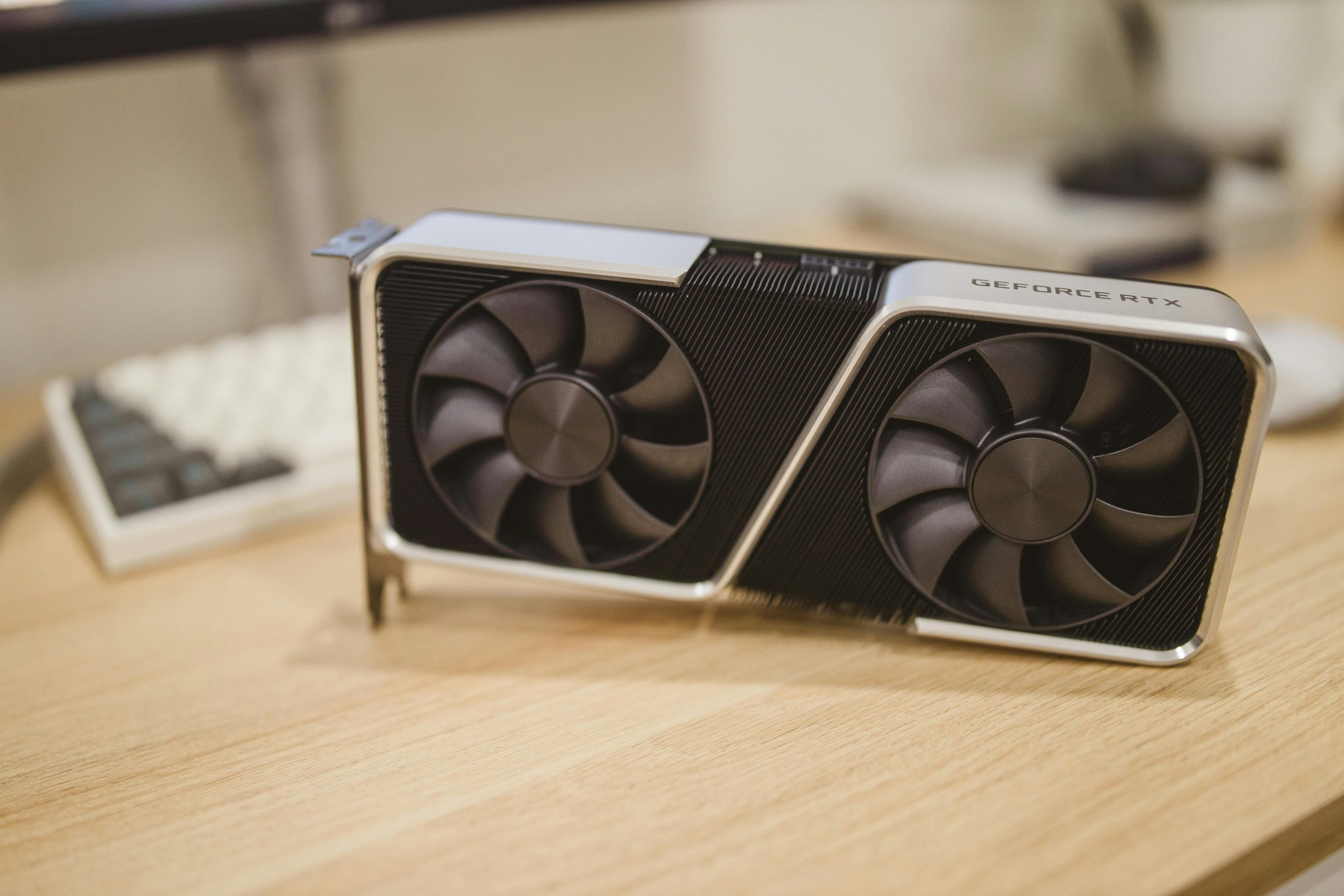Quantum Leap: How Qubit Processors Will Redefine Computing
Welcome to the next generation of computing – the quantum leap. As technology continues to advance, traditional computers are reaching their limits in terms of performance and capabilities. This is where qubit processors come into play – promising faster, more powerful, and more efficient computing. In this article, we will explore the world of qubit processors and how they will redefine computing as we know it.
The Rise of Quantum Computing
Quantum computers have been a topic of fascination for decades, with scientists and researchers exploring the potential of harnessing quantum mechanics to revolutionize computing. Unlike traditional computers, which use bits (represented by 0s and 1s) for data processing, quantum computers use qubits (short for quantum bits). Qubits have an extra binary state – called superposition – which allows them to hold multiple values at once, making them incredibly powerful at solving complex problems.
While traditional computers work sequentially, processing one bit at a time, quantum computers can work in parallel, processing multiple qubits at once. This means quantum computers have the potential to solve problems that are practically impossible for traditional computers to solve in a reasonable amount of time. This is why qubit processors are poised to revolutionize computing.
Qubit Processors: The Future of Computing
Quantum computers are still in their early stages of development and are not yet commercially available. However, several companies, including Google, IBM, and Intel, are racing to develop powerful qubit processors that will make quantum computing a reality.
Google has been a pioneer in the world of quantum computing, with its “Sycamore” processor achieving quantum supremacy – a milestone where a quantum computer can perform a task that would take a traditional computer billions of years to complete. This feat has solidified Google’s commitment to quantum computing and its potential to redefine computing.
IBM is also making significant strides in quantum computing, with its “Q System One” being the world’s first integrated universal quantum computing system. IBM is also working on creating more stable qubit processors, which are essential for quantum computers to function at their full potential.
Meanwhile, Intel is focusing on creating more stable qubits by using silicon-based technology, which is more widely used and easier to manufacture than the specialized materials commonly used in quantum computing.
The Impact of Qubit Processors
The potential applications of quantum computers are vast, with industries such as finance, pharmaceuticals, and logistics eagerly awaiting the arrival of this technology. Qubit processors promise to speed up complex calculations and simulations, leading to breakthroughs in drug development, financial forecasting, weather prediction, and more.
One particular area where qubit processors will have a significant impact is artificial intelligence (AI). This is because the massive amounts of data and complex algorithms used in AI can be processed more efficiently and effectively by quantum computers. This means that AI could become even more advanced, leading to groundbreaking developments in fields like autonomous vehicles, robotics, and virtual assistants.
The Challenges Ahead
Despite the numerous possibilities, there are still challenges that need to be overcome before quantum computing becomes mainstream. For one, qubit processors are highly sensitive and must be kept at extremely low temperatures, making them challenging to maintain. The quantum chips also need to be protected from vibrations and electromagnetic interference, which can impact their performance.
Moreover, quantum computers are not suitable for all computing tasks. While they excel at solving complex optimization problems, they struggle with everyday computing tasks like browsing the internet or sending emails. This means quantum computers will likely work alongside traditional computers, and it will be essential to find the right balance of computing power.
The Quantum Leap Is Just the Beginning
In conclusion, qubit processors are poised to redefine computing and unlock the potential of technologies like AI, machine learning, and big data. With the rapid advancements in the field of quantum computing, we can only imagine the possibilities and potential breakthroughs that lie ahead.
The quantum leap is not just a buzzword – it is a real glimpse into the future of computing. Get ready for a world where traditional computers are no longer enough, and quantum computers are the key to unlocking new frontiers of knowledge and innovation.











